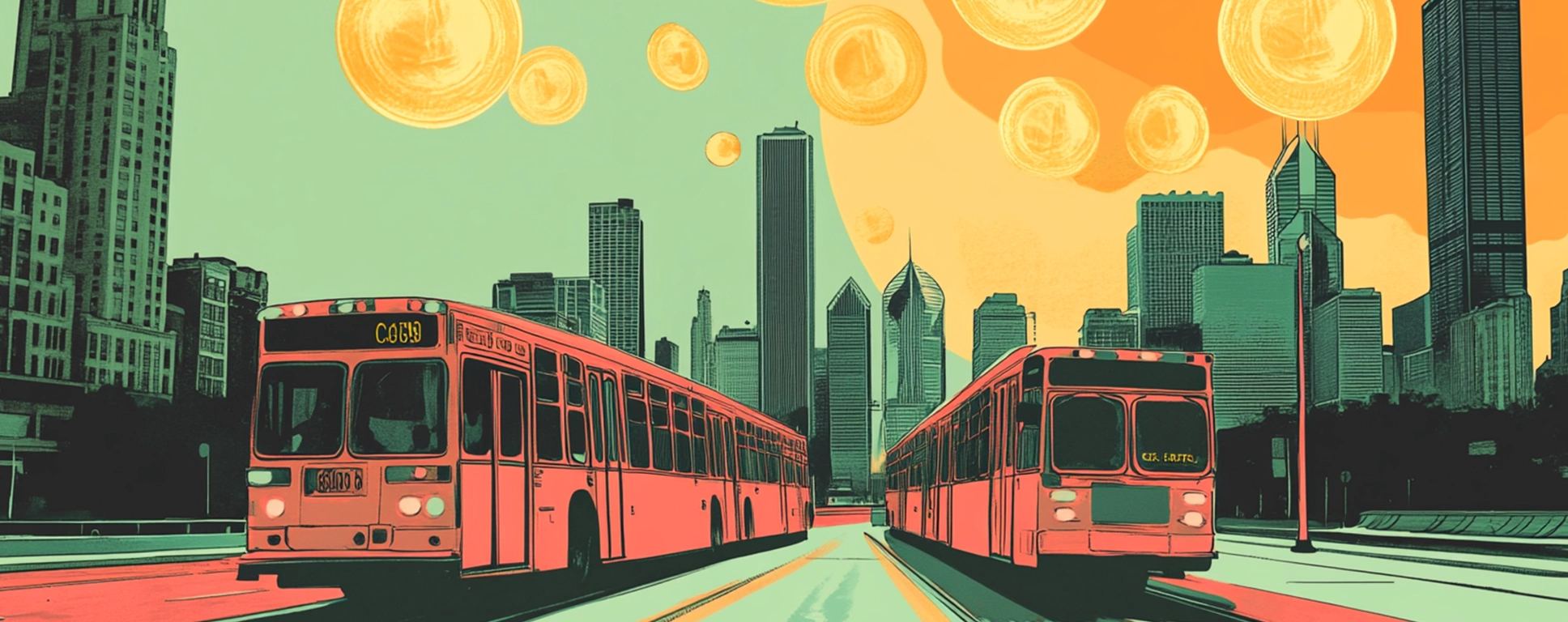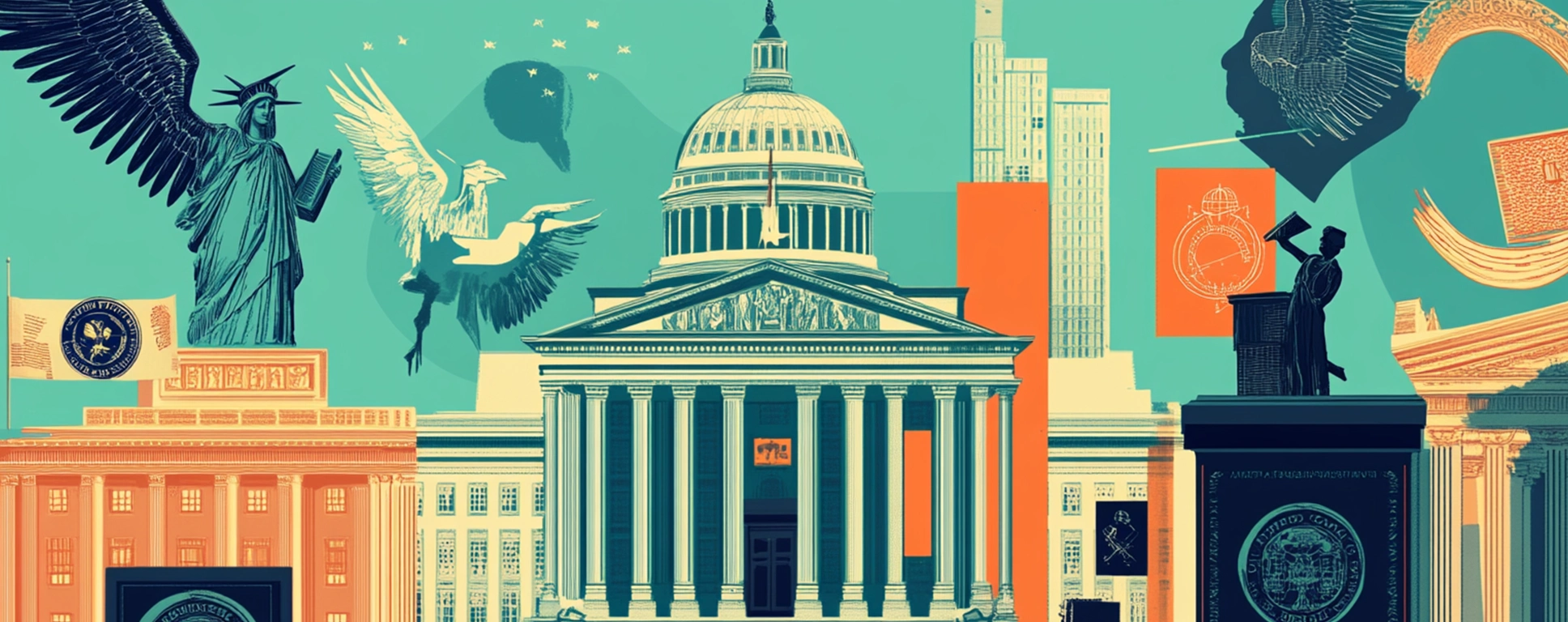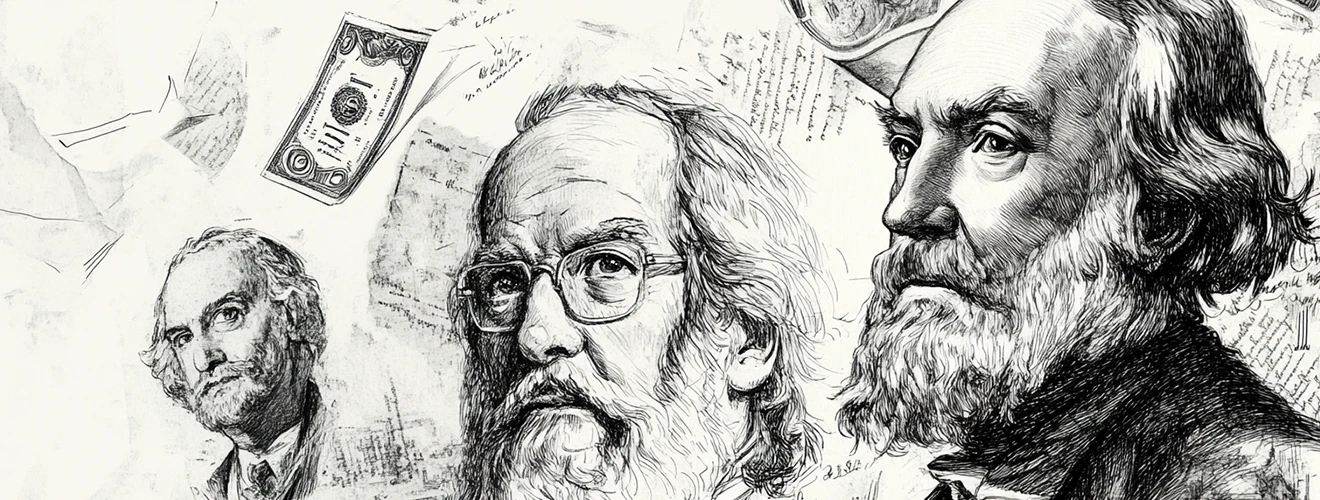
Economics from an Experimental Perspective - Session 1
Course Description
A growing field in which the University of Chicago has been a leader, experimental economics uses experimental methods (i.e. observing everyday interactions and decisions made by people either in the lab or in the field) to explore economic questions ranging from how markets and other exchange systems work to what motivates people to make decisions about matters such as conserving environmental resources or donating to charitable causes. You will participate in laboratory experiments and discuss the results, thereby learning the underlying economic principles and the economic questions that the experiments were designed to address. You will also engage in solving specific economic problems both individually and in a group.
Course Criteria
This course is open to high school students only.
Academic Interest
Economics and Business, Computer Science, Data Science, Math, and Statistics, Social Sciences (e.g., history, psychology, sociology)
Application Materials
A complete application includes a transcript, two short essays, a letter of recommendation, writing sample, application fee, and a submitted parent confirmation. If you are seeking need-based financial aid, you must indicate that in your application before it is submitted. Please refer to the Application Instructions for complete details.
Instructor(s)
Min Lee
Cost
$9,300
Other Courses to Consider
These courses might also be of interest.
 Introduction to Macroeconomic Models
Introduction to Macroeconomic ModelsThis course offers a comprehensive exploration of neoclassical macroeconomic models. Students will develop an in-depth understanding and analytical skills through frameworks and applications. The course emphasizes how these models explain economic growth, business cycles, and policy implications in modern economies.
The course is divided into five key modules:
(i) economic growth and production,
(ii) consumption and savings,
(iii) business cycles and unemployment,
(iv) fiscal policy, and
(v) monetary policy and forecasting.
Throughout each module, we extensively utilize relevant data to enhance the understanding of theoretical concepts. By the end of the course, students will be able to interpret macroeconomic news and articles and analyze policies through a model-based framework.
Residential The Age of Capital: Freedom and Crisis
The Age of Capital: Freedom and CrisisWhat is capitalism? Did the rise of capitalism mark an advance or crisis for humankind? How have our ideas about ourselves, nature, and the highest aims of life, been shaped by life under capitalism? With the collapse of state socialism, is capitalism still a politically relevant idea? The objective of this course is to introduce students to foundational works that contend with the historical rise, conceptual categories, and crisis of capitalism.
With some minor exceptions, the syllabus moves chronologically, as it starts with the categories Adam Smith established for studying political economy and the case that he made for a thoroughly modern form of society based on commerce, international trade, and manufactures, rather than agriculture. The course will then shift to consider the work of Karl Marx and the crisis wrought by the Industrial Revolution, which, he argued, signaled an imperative to move beyond capitalism. We will also address the drift toward monopolies and state planning in the twentieth century and the different conclusions as to the significance of these developments reached by V. I. Lenin, Friedrich Hayek, and Milton Friedman. What it means to be a subject of capitalism will form another major theme of the course with readings by David Harvey, John Demilio, Juliet Mitchell, Adolph Reed Jr., and Moishe Postone.
A supplemental feature of this course is that includes a series of workshops to introduce students to the norms and expectations of college-level writing.
Residential The Theory and Politics of Capitalism
The Theory and Politics of CapitalismIt is impossible to graduate from college without repeatedly encountering the term "capitalism." But what is it, actually? Where did it come from? What has changes since its inception? Is it primarily a political or an economic system? What is the difference and why does it matter?
This course will equip students with the basic conceptual tools to think about these questions. We will try to understand the history and theory of capitalism by reading selections important theorists of modern economic life: Adam Smith, Karl Marx, and David Harvey.
Residential